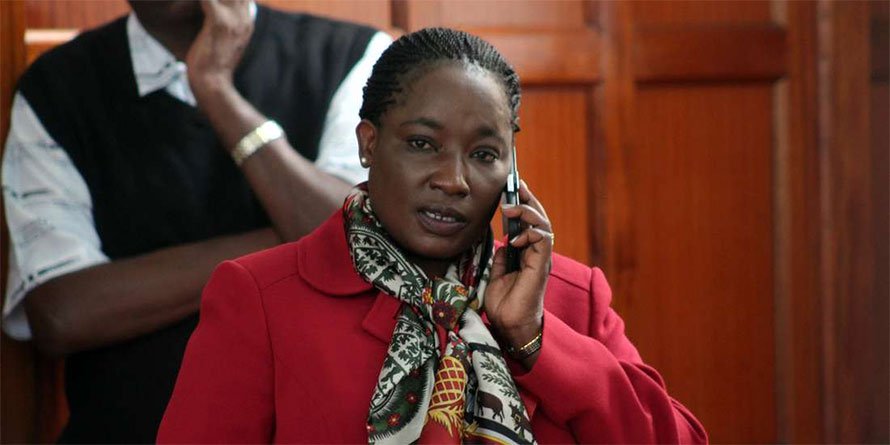[ad_1]
Personal Finance
How to protect savings from inflation erosion
Monday, May 20, 2019 19:11
By REGINALD KADZUTU

Saving money is a basic habit that everyone should cultivate to be financially healthy. Most financial advisers recommend that one save at least 20 percent of their net income. True, everyone should have some money saved up, typically for an emergency such as loss of employment or chronic illness and for golden years when earning power would have drastically reduced. However, how one saves or where they do is also of equal importance, because of the effects of inflation on the value of money.
Inflation is the gradual rise in prices of goods and services. The effects of rising cost of living is a reduction in the purchasing power of the money a person holds, so that the same amount buys less. For instance, a loaf of bread that cost Sh20 in 2000 costs Sh50 in 2019. This means your Sh20 in 2000 is actually now only worth Sh8 today.
While one may have received an interest through the vehicle that you have saved, inflation reduces the value of savings with time and hence the return you make on savings should at least give you something above the prevailing annual inflation rate. In March, Kenya’s inflation rate increased to 6.58 percent driven by a sharp rise in the cost of food items. This means if your savings are earning an interest of 6 percent, the real growth of your savings is actually -0.58percent. If it is in a fixed deposit account in a bank the average rate, according to the Central Bank of Kenya is 5.16 percent, meaning you would have only earned -1.42 percent. If your savings are under a mattress or in a jar somewhere then you are actually losing 6.58 percent per annum.
It is therefore important to not just save, but save in a way that protects your funds against inflation. There is only one way to grow savings fast enough to make up for and completely offset inflation. Professional investing is the best defence against losing purchasing power that protects your savings and grows the real value of your money.
Historically, investment instruments such as stocks and gold have outperformed inflation over the long run. If one is on a journey towards building wealth and finding financial independence, investing is vital in strengthening their financial position and preserving the wealth that would have accumulated.
Saving is the foundation, but the idea behind saving is to allow you to accumulate funds to have capital to invest. Investing is the next step to wealth as it preserves savings from inflation and provides growth to accumulated wealth.
However, if one is thinking about investing, they ought to be aware that the value of their money is going to be associated with fluctuation, volatility and risk. It is also vital to make sure that investments are properly balanced and diversified, with different investment alternatives, bearing in mind the different economic cycles.
It is also important to track investments by checking in regularly and making sure they are in line with one’s financial goals. Beyond the performance, it can be useful to compare and observe how other similar investments have performed.
Although investing will help savings grow at the right pace to outrun inflation, one should always remember that the key to investing is accumulating enough savings to provide them with the capital needed to feed your investments.
Managing personal investments can be challenging. However, the process can be made easier by engaging a professional financial adviser or taking the time to research on investment options. This helps one understand all the components and potential risks of an investment and design an appropriate investment strategy that will inform on what to buy and when to buy it.
Working with a financial adviser also guides an individual on how to make tax-efficient investment decisions and measure success of the investments. That way, an investor becomes more confident in making better decisions during the intrigues of the market.
[ad_2]
Source link
Kenyan Business Feed is the top Kenyan Business Blog. We share news from Kenya and across the region. To contact us with any alert, please email us to [email protected]












